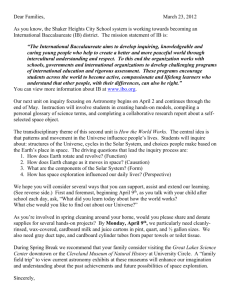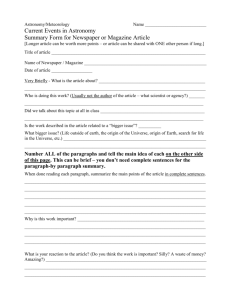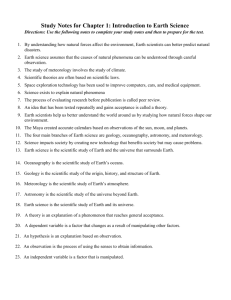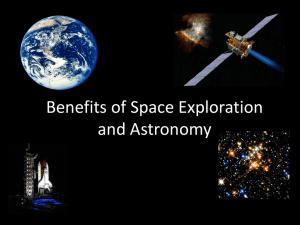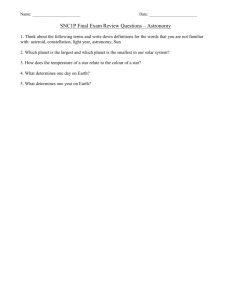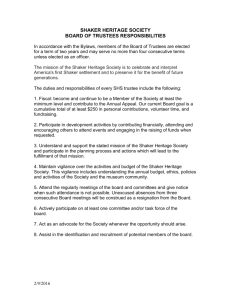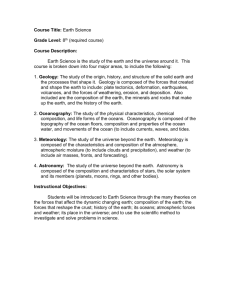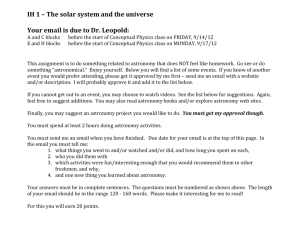Parent Info Letter
advertisement
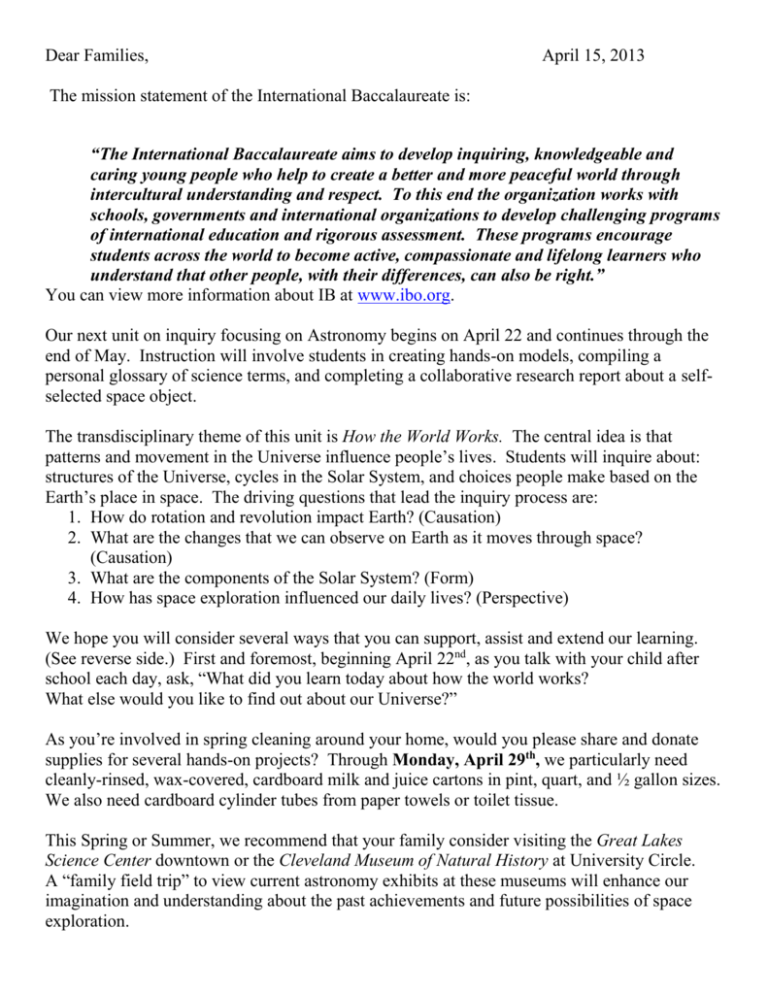
Dear Families, April 15, 2013 The mission statement of the International Baccalaureate is: “The International Baccalaureate aims to develop inquiring, knowledgeable and caring young people who help to create a better and more peaceful world through intercultural understanding and respect. To this end the organization works with schools, governments and international organizations to develop challenging programs of international education and rigorous assessment. These programs encourage students across the world to become active, compassionate and lifelong learners who understand that other people, with their differences, can also be right.” You can view more information about IB at www.ibo.org. Our next unit on inquiry focusing on Astronomy begins on April 22 and continues through the end of May. Instruction will involve students in creating hands-on models, compiling a personal glossary of science terms, and completing a collaborative research report about a selfselected space object. The transdisciplinary theme of this unit is How the World Works. The central idea is that patterns and movement in the Universe influence people’s lives. Students will inquire about: structures of the Universe, cycles in the Solar System, and choices people make based on the Earth’s place in space. The driving questions that lead the inquiry process are: 1. How do rotation and revolution impact Earth? (Causation) 2. What are the changes that we can observe on Earth as it moves through space? (Causation) 3. What are the components of the Solar System? (Form) 4. How has space exploration influenced our daily lives? (Perspective) We hope you will consider several ways that you can support, assist and extend our learning. (See reverse side.) First and foremost, beginning April 22nd, as you talk with your child after school each day, ask, “What did you learn today about how the world works? What else would you like to find out about our Universe?” As you’re involved in spring cleaning around your home, would you please share and donate supplies for several hands-on projects? Through Monday, April 29th, we particularly need cleanly-rinsed, wax-covered, cardboard milk and juice cartons in pint, quart, and ½ gallon sizes. We also need cardboard cylinder tubes from paper towels or toilet tissue. This Spring or Summer, we recommend that your family consider visiting the Great Lakes Science Center downtown or the Cleveland Museum of Natural History at University Circle. A “family field trip” to view current astronomy exhibits at these museums will enhance our imagination and understanding about the past achievements and future possibilities of space exploration. Sincerely, Mrs. Becerra, Mrs. Carfagna, and Mr. Hill becerra_m@shaker.org, carfagna_a@shaker.org, hill_k@shaker.org Sometime this spring please talk about these related topics with your second grader: Earth, our Solar System, the International Space Station, planets, dwarf planets, stars, moons, asteroids, comets, meteors, satellites, space exploration, NASA, astronauts, day/night, rotation/revolution, seasonal changes, and having a balanced perspective about our place in space. By Monday, April 29th, please consider donating to our classrooms: space-themed stickers, sidewalk chalk, permanent markers, thick/thin – especially black, blue, green, brown, and yellow, poster (tag) board in size 9” x 12”, black plastic table covers, wide masking tape, gently-used tennis balls (any color), cardboard cylinder tubes from paper towels and toilet tissue, cleanly-rinsed pint, quart or ½ gallon-sized, wax-coated, cardboard milk or juice cartons (NO plastic jugs, please!), magazines or brochures with photographs of space, and newspaper articles about space exploration By Monday, April 29th, please share with our second grade teachers: the name of a possible guest speaker from NASA or local science museum, web addresses for educational sites you enjoy about astronomy, and any upcoming, family-friendly events around town that feature space exploration By Monday, April 29th, please consider lending to our classrooms: handheld flashlights with working batteries, wall posters or study cards about astronomy, and educational videos/DVDs for elementary-aged students about astronomy Please label each donated item with your family name. SAVE THE DATE: Your second grader and one adult chaperone are invited to PLANET PALOOZA, our project presentation evening, on Wednesday, May 29, 7:00 – 8:30 PM, at the Shaker Heights High School Planetarium hosted by Mr. Gene Zajac, Astronomy Teacher. How the World Works Central Idea: Patterns and movement in the universe influence people’s lives. Planet Palooza Save the date for your second grader and one adult to attend at the Shaker Heights High School Planetarium on Wednesday, May 29th, 7:00 – 8:30 PM. Science Standards: Understand the interconnected cycles and systems of the universe, solar system and Earth. Recognize that there are more stars in the sky than anyone can easily count. Observe and describe how the sun, moon and stars all appear to move slowly across the sky. Observe and describe how the moon appears a little different every day but looks nearly the same again about every four weeks. Notice that some weather changes occur throughout the day while others occur in a season. Language Arts Standards: Generate questions for investigation and gather information from a variety of sources. Retell important details and findings. Use active listening strategies to identify the main idea and to gain information from oral presentations. Follow multi-step directions. Speak clearly and at an appropriate pace and volume. Deliver a variety of presentations that include relevant information and a clear sense of purpose. Use supporting details to identify and describe main ideas, characters and setting. Use visual aids as sources to gain additional information from text. Identify the central ideas and supporting details of informational text. Ask clarifying questions concerning essential elements of informational text. Use text features and structures to organize content, draw conclusions and build text knowledge. Draw conclusions from information in text. Apply reading skills and strategies to summarize and compare and contrast information in text, between text and across subject areas. Generate questions for investigation and gather information from a variety of sources. Retell important details and findings. Spend the necessary amount of time to revisit, rework and refine pieces of writing. Use revision strategies to improve the coherence of ideas, clarity of sentence structure and effectiveness of word choices. Prepare writing for publication that is legible, follows an appropriate format and uses techniques such as electronic resources and graphics.
